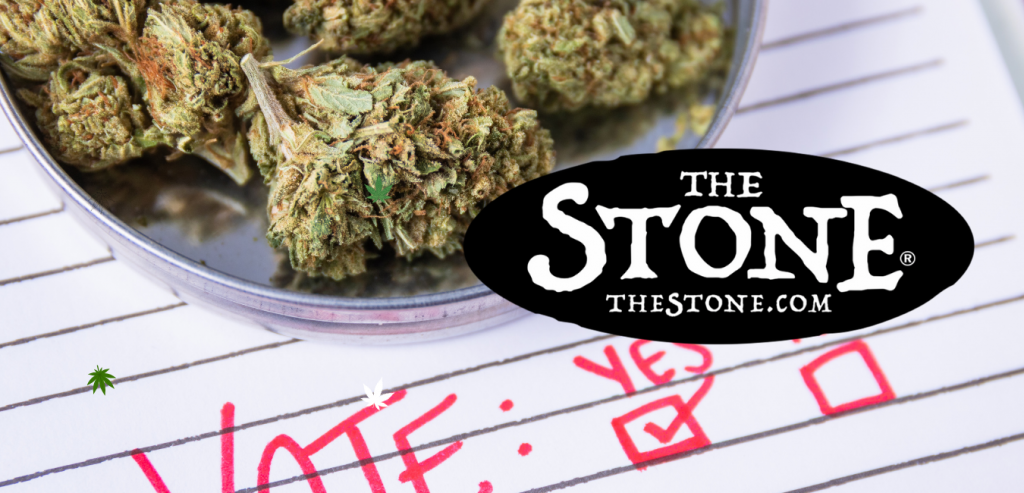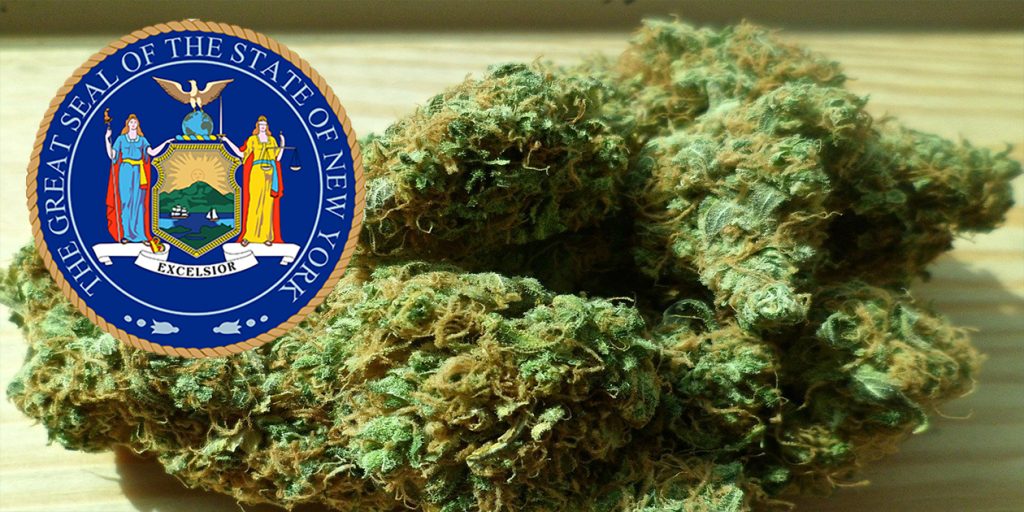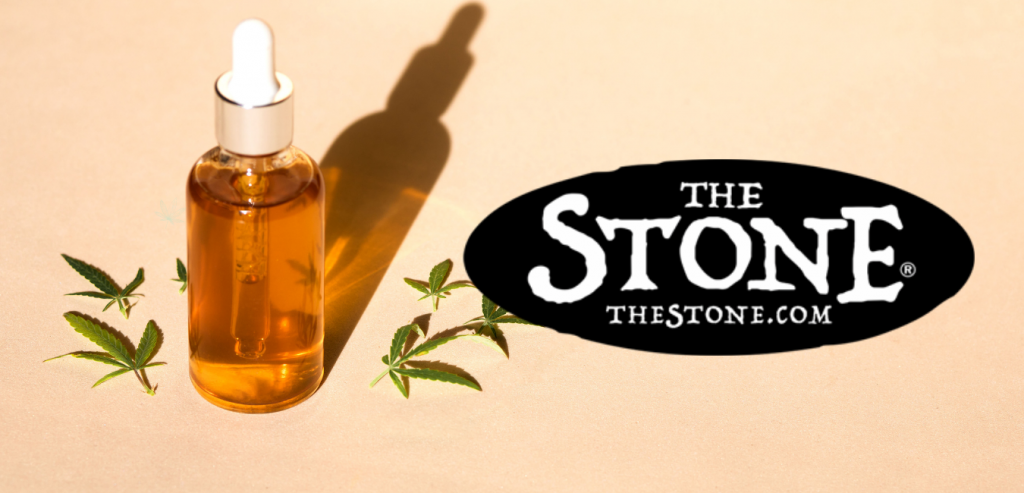
This website is for users aged 21 and over. Please confirm your age.
How does cannabis legislation affect the economy? Marijuana has been used in every culture across the world for centuries. Since the 20th Century, many countries have started to look at the plant as its potential. The United States of America, for many decades, has battled with the unforgiving results of its wrongful use. And its effects on people of every age. Now that scientific research and cultural practices have converged on the battlefield, marijuana is winning the war on BIPOC and poor people.
Cannabis legislation has been a topic of intense debate in recent years, especially as more and more states are legalizing the “drug.” Laypeople best know it as marijuana. It is one of the most significant cash crops in America—it was worth roughly $35 billion to the U.S. economy in 2016.

Cannabis legalization has become a topic of debate for many years. It’s the most widely used illegal drug in the world. It is also known as marijuana, pot, grass, weed, hemp, and hashish, among other names. It contains psychoactive chemicals called cannabinoids responsible for its psychological effects on users.
It was discovered by our ancestors who cultivated it for food and fiber while using parts of the plant for medicine and spiritual purposes. It has long been associated with counterculture movements during different periods – from hippie movements in the 1960s to reggae music in the 1970s. pot use is illegal in most countries for recreational or medical reasons. Still, many countries have decriminalized marijuana possession and allowed it to be used for prescribed medical purposes.
Many users of Cannabis, both in the secular world and religious fraternity, have advocated for governments to take a step back and invest in learning about the plant. The hard-line taken to classify the plant as a dangerous drug needs to be addressed. So, people can make informed decisions. The United States is beginning to lead the charge, albeit carefully in its decision to decriminalize. Because of this, they have started to see the possibilities when regulation and being informed can aid in economies growing, new medical aids available, and lives changing for the better.

It is permitted at the state levels that have considered lobbying by forward-thinking individuals within the state governments. Each state in the United States is governed by its legislation; it is easier for legislation at this level. And for all that, legally selling Cannabis for medical use is what is available. Recreational use is still regulated, and the amounts sold for recreational use are less than what is authorized for dispensaries to sell. Depending on which democratically voted government runs the country, considerations may be made for talks to begin or continue.
Cannabis has been legalized in some U.S states for medicinal and recreational uses. The marijuana industry is emerging as a growing economy with vast employment opportunities across the United States. Dispensaries are popping up all over Colorado and California, which significantly contribute to the local economy through jobs, taxes, licensing fees, etc. Legalization could generate 1 million dollars in tax revenue per year while creating 10,000 new jobs across Colorado alone.

This ranges from food items to biofuel, textiles, and paper products which greatly benefit the economy. Legalization is also giving rise to the new innovative technology in the industry, which has the potential to generate billions of dollars in recent economic activity on an annual basis. Legislation has a significant impact on the market and the general economy by promoting job creation, tourism, taxation, research, etc.
The legislation gives us insight into how the industry would affect the economy while examining employment rates, tax revenue, and total output throughout various countries. Both national and state governments stand to gain from its legalization through increased administrative efficiency and additional resources resulting from the taxation of legal industries such as dispensaries (Emmett Reistroffer).
Prescription drugs, of course, are more harmful and produce dangerous side effects. Legislation is paving the way for new businesses to emerge in the industry, which has great potential to boost the economy through job creation, government spending on research, etc.
State revenue would rise should Cannabis be legalized across the United States. Based on New Frontier Data, in 2017, at the federal level, earnings from sales would be $131.8 billion between 2017 and 2025. As it is now, tax collection is only from legal dispensaries, so imagine what lost revenue is from illegal sales.

Jobs would not be farm-specific, but think of the different jobs created; farming, distribution, drivers, retailers, and dispensaries. There are other job titles attached to the industry. With this newfound space for employment, New Frontier Data has estimated within the same period. A whopping 1.1 million jobs could be created.
Investments would skyrocket; as the industry was booming, even flourishing and operating under the radar of federal legislation. So, consider the magnitude of takers there would be to invest.
Law enforcement charges for illegal pot businesses would fall because legal prices would stabilize, and the only control would be the levels of potency in products being sold. Overall a regulated company for entrepreneurs, cottage businesses would thrive, and people would feel comfortable purchasing the legalized amounts for use, whether medically or recreationally.

The industry employs between 165,000-230,000 people, similar to the number of people used by the entire U.S. construction industry. As marijuana legislation changes nationwide, this high demand for employees grows. Many employees are working legal jobs in dispensaries or growing operations; however, plenty is still operating under the table or illegally through the black market. Marijuana legislation is mainly aimed at restricting this ad hoc market.
Marijuana-related crimes have been a cash crop for law enforcement agencies across the country, especially in areas with dispensaries and grows close to residential areas. Cannabis legislation has emphasized employees’ right to work and not jeopardize their safety by working illegally. This type of legislation does not always pass; however, when it does, it helps ganja entrepreneurs secure jobs that provide livable wages and benefits while protecting them from potential danger. As more states legalize marijuana, cannabis legislation completely changes the way Americans view the industry.
Source:
The Stone Dispensary is one of the best Medical Marijuana dispensaries in Denver, Colorado. They are also one of the only Marijuana dispensaries that offer full Marijuana Deals and Marijuana Coupons for both medical and recreational marijuana users. The dispensary’s Marijuana Deals and Marijuana Coupons include a wide range of Marijuana products at a discounted price, including Sativas, Indicas, Hybrids, Marijuana Concentrates, Marijuana Edibles, and Marijuana Topicals, and Personal Transdermal Patches.
The Stone dispensary also offers Marijuana Deals and Marijuana Coupons for their Exclusive Brand of Medical Marijuana products, including the Hemp Vape Pens, House of Dabs hash oils, and CO2 Oil Cartridges. Marijuana dispensaries are quickly becoming the ‘in’ trend in Colorado. Marijuana is now legalized for recreational use in Colorado, making it extremely easy to access Marijuana in this state. Marijuana has been used as a medicine for thousands of years across many cultures and countries, but not until recently has Marijuana made its way into mainstream public life in America. While Marijuana is currently legal in Colorado, Marijuana dispensaries are few and far between. Marijuana dispensaries are only permitted if they are owned by a Marijuana dispensary company that has been specially created for Marijuana dispensaries only. Because Marijuana is not FDA approved, Marijuana dispensaries cannot be listed on major websites like Google or Yelp.
The Stone Dispensary Marijuana Deals and Marijuana Coupons are updated regularly on The Stone Dispensary website. This dispensary also has a Marijuana advocate that is glad to answer any Marijuana-related questions via phone or e-mail for Marijuana users. If you have a Marijuana question, need Marijuana advice, or want Marijuana recommendations, click here.
Want the lowest prices on Cannabis in Denver? The Stone has the best local coupons for weed deals, vape deals, topical deals, etc. This leaves Marijuana consumers not having to search for Marijuana dispensaries on their own. Marijuana dispensaries are not obligated to list Marijuana deals or Marijuana coupons on the internet. However, Marijuana consumers can still find great Marijuana deals by asking around local communities for advice on where to go. The Stone Dispensary has some of the best Marijuana deals and Marijuana coupons in Colorado. For Marijuana consumers that are tired of driving all over Colorado looking for Marijuana deals and Marijuana coupons, it is time to visit Marijuana dispensaries online like The Stone Dispensary, which lists Marijuana deals and Marijuana coupons on the internet.
The Stone has one of the best ounce deals in Denver right now, with premium flower ounces going for just $54. This Denver recreational ounce deal can be found at 4820 Morrison Rd, Denver, CO 80219. The Stone Dispensary has some of the best Marijuana deals and Marijuana coupons in Colorado. For Marijuana consumers that are tired of driving all over Colorado looking for Marijuana deals and Marijuana coupons, it is time to visit Marijuana dispensaries online like The Stone Dispensary, which lists Marijuana deals and Marijuana coupons on the internet.
The Stone also has a good deal going on vape cartridges. You can get a 500 mg V3 CO2 vape cartridge for just $17.85, which is undoubtedly one of the best Denver vape cartridge deals you will find.
For medical marijuana deals, The Stone Dispensary is the place to go. The Stone Dispensary has some of the best medical deals in Denver. Right now, you can get a medical deal on topicals. Evolab Angel Salve topical is on sale for just $20. Blended with CBD and THC, this topical salve is excellent for relieving pain and discomfort. They also have a medical deal for a $50 flower ounce.
Among the best, The Stone deal is the $54.00 pre-weigh ounce. You can get this rec deal on a half-ounce at any Livwell location, including the Livwell Denver dispensary on Broadway.
You can get these and many more local deals from Denver dispensaries on Cannabis Page. You’ll find ounce deals and other weed deals, concentrates deals, edibles deals, topical deals, and more from your favorite Denver dispensaries. With new deals every day of the week, you can always find the lowest prices on weed in Denver on TheStone.com.
For Marijuana enthusiasts looking to make a purchase, Marijuana Deals and Marijuana Coupons are the best way to save money on Marijuana. Marijuana Deals can be found by visiting The Stone Dispensary Marijuana deals page. Marijuana Coupons, however, must be printed out to take advantage of Marijuana deals at The Stone Dispensary. You can also show them on your phone! Marijuana Pre-Rolls are also available for purchase. Visit The Stone dispensary today to see how you can save money on Marijuana products!
We warmly welcome you to explore our highly acclaimed strains, concentrates, and edibles. Serving recreational clients with pride is our passion.
At our dispensary, you'll find a professional yet inviting atmosphere that prioritizes your comfort and privacy. Feel free to stop by at your earliest convenience to experience it for yourself. We can't wait to serve you!
